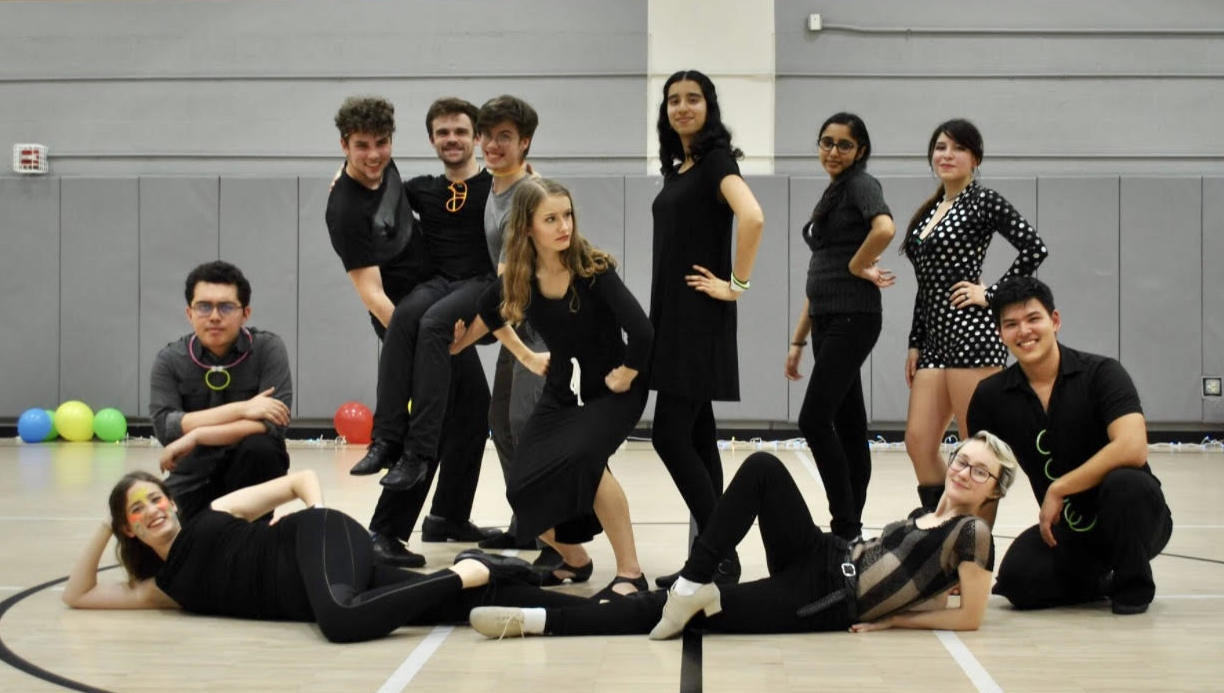This project is now in update mode. Check back regularly to see how things are progressing.
Texas Ballroom
Texas Ballroom is proud to include a team of young and passionate competitive dancers. We study and train to represent the University of Texas all over the country. We learn and grow together, bonding over hard work, blisters, and sweat. Competing teaches us the value of dedication, patience, and teamwork.
However, to pursue our passion, we need your help. Competitive ballroom dance is an expensive sport. We pay for registration, hotels, gas, airfare, costumes, shoes, and more- almost entirely out of pocket. With your gift, you can reduce some of the financial burden on our team, and allow us to focus on what really matters: dance.

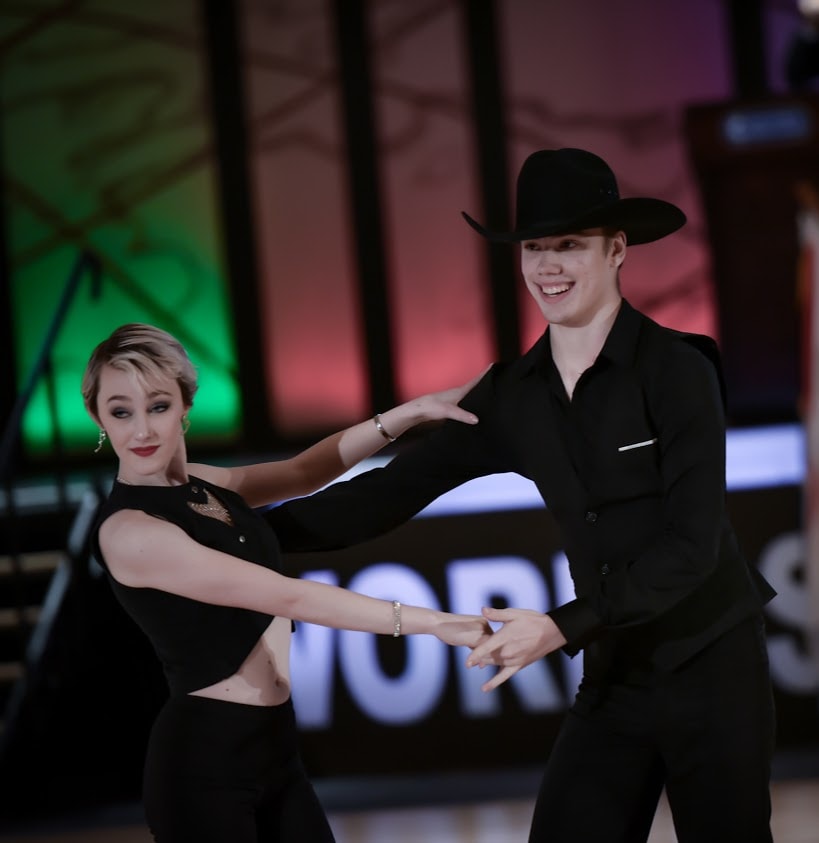
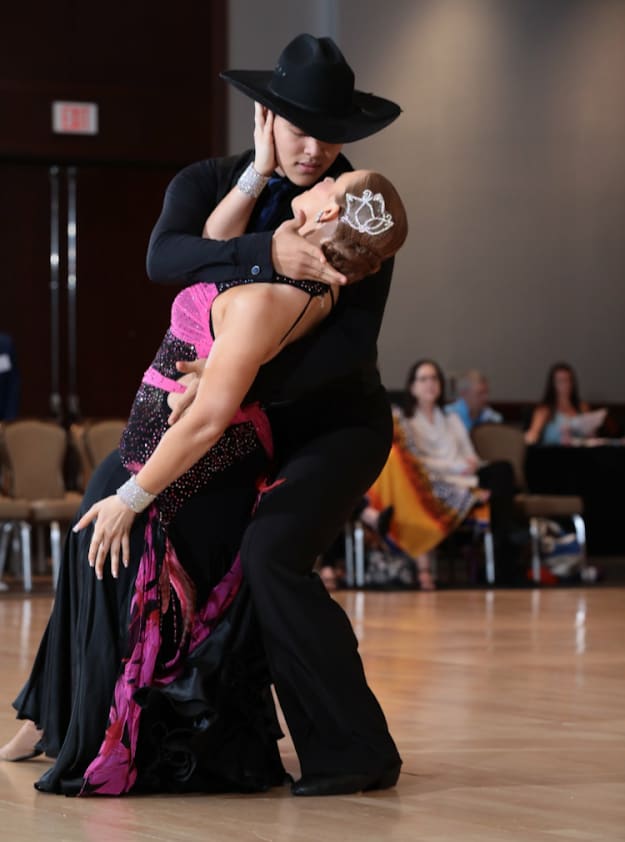
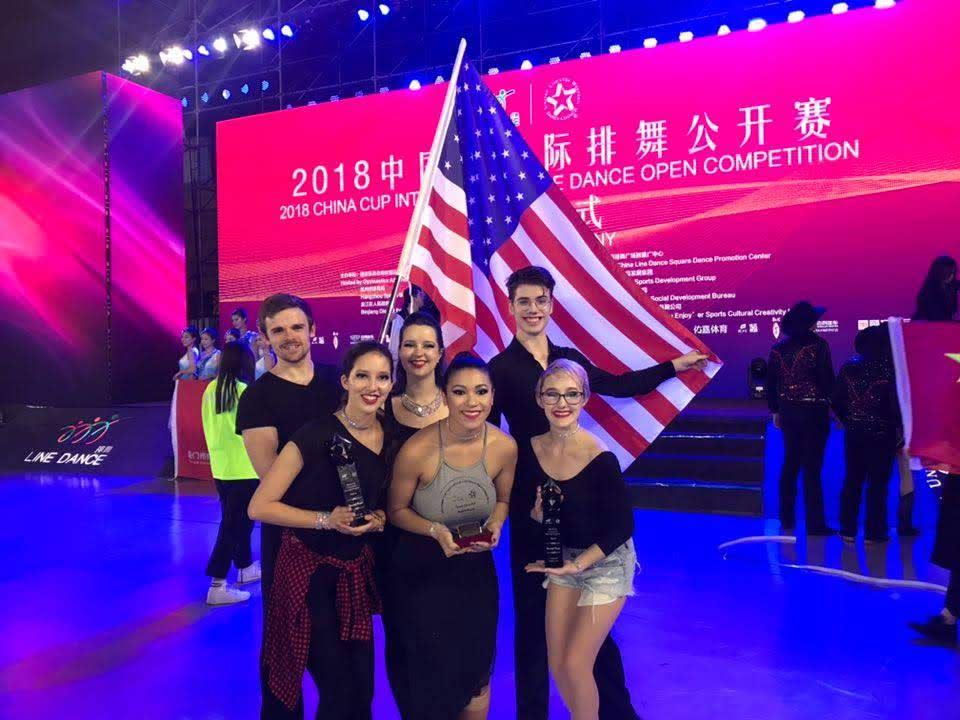
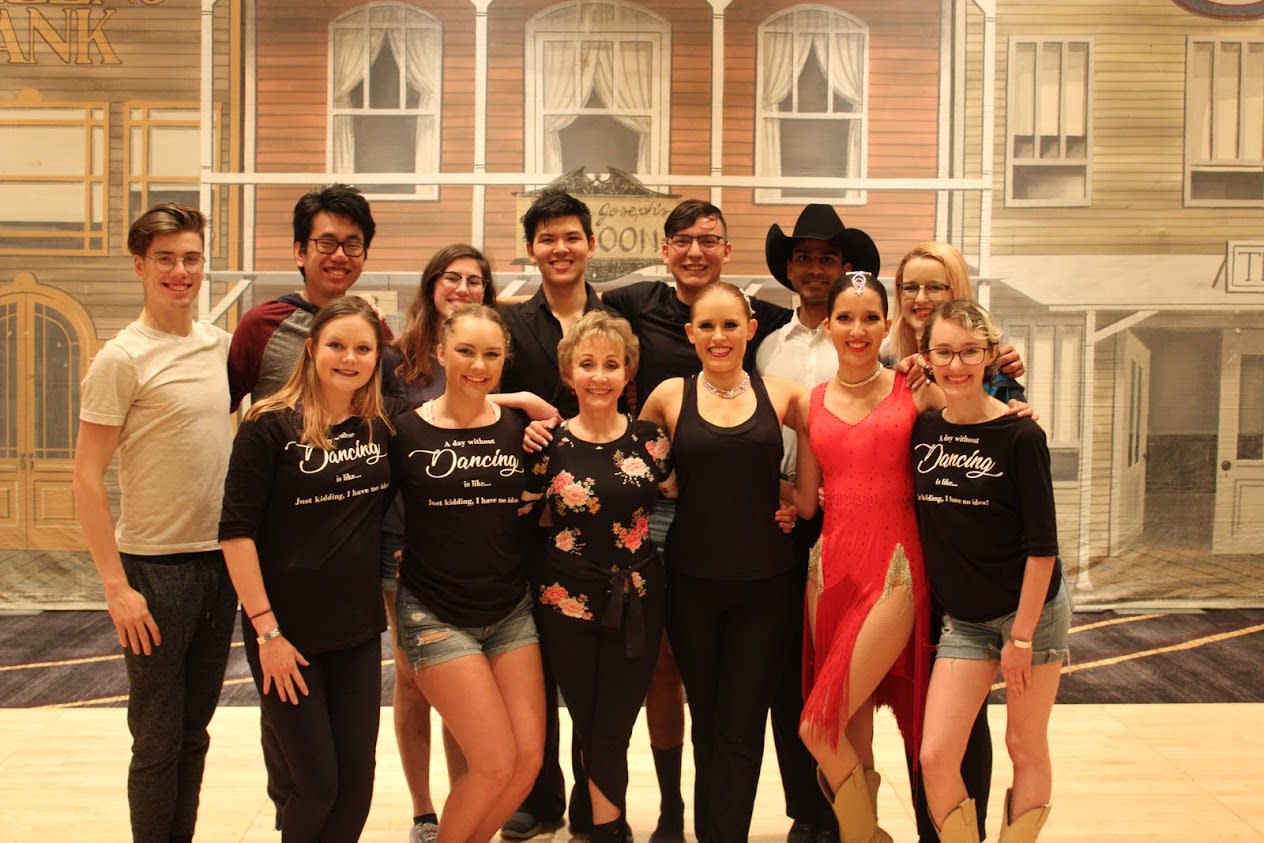
Yeehaw! We attend national and international country dance competitions, leading up to national and world championships each year. We love showing our Texas spirit all over the world.
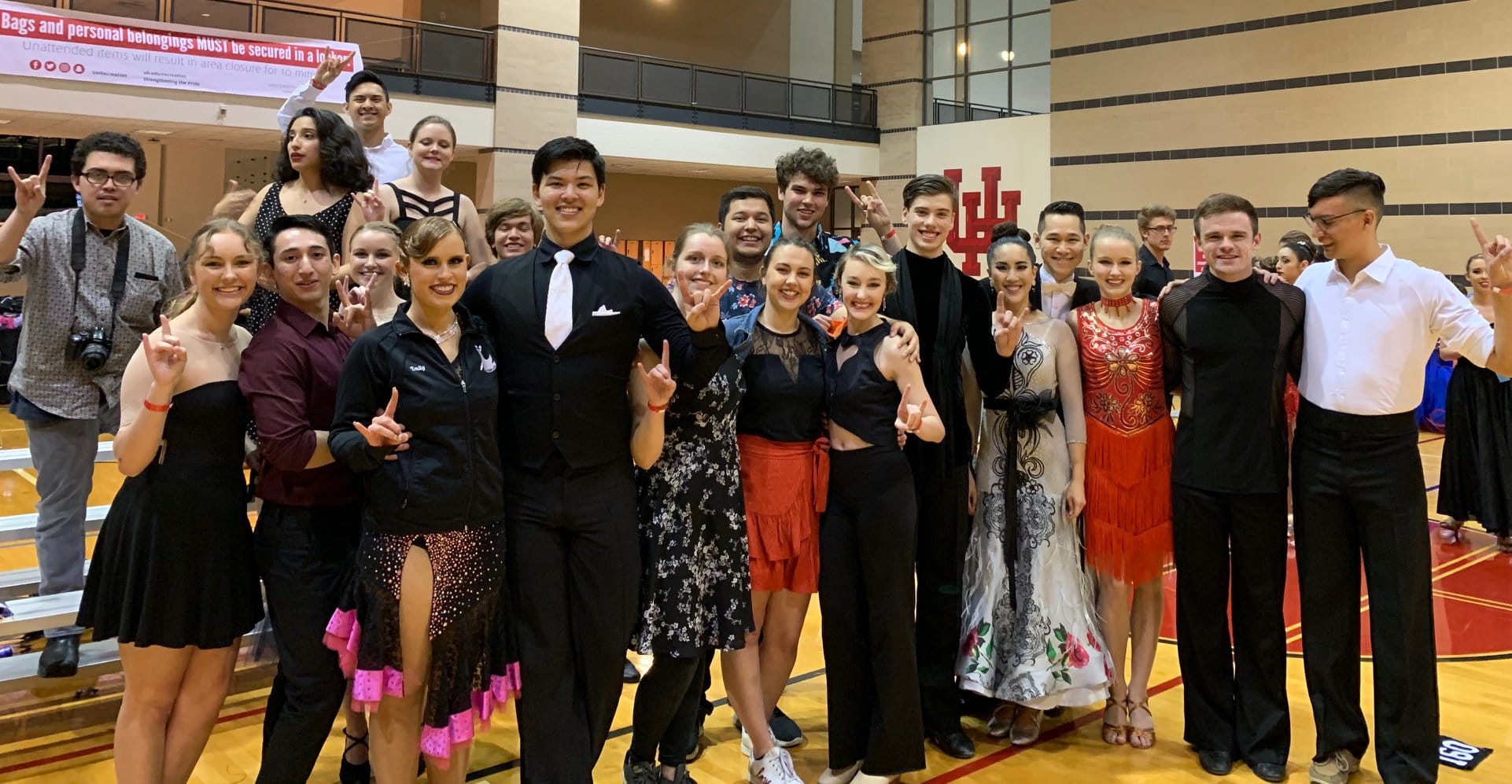
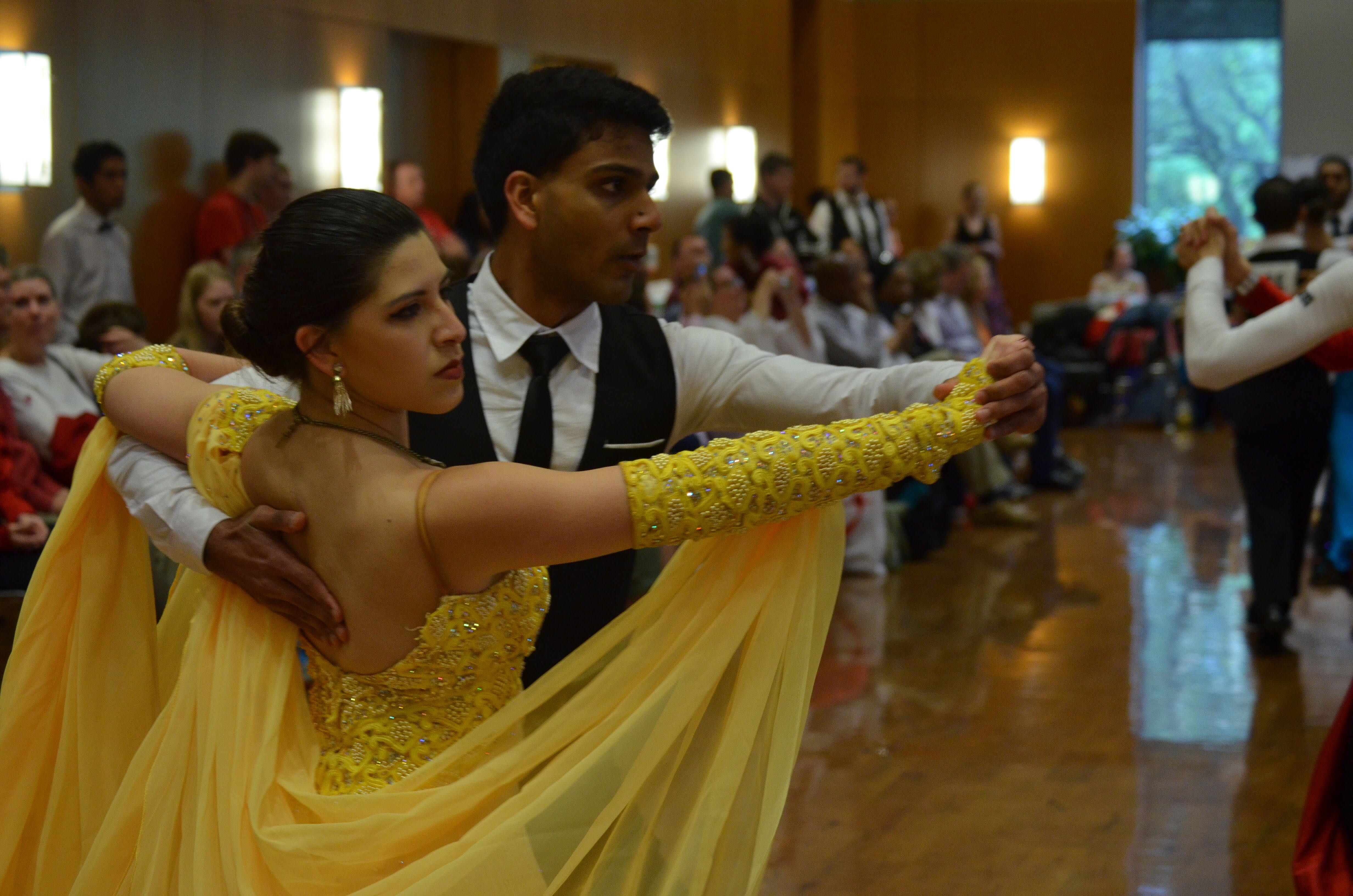
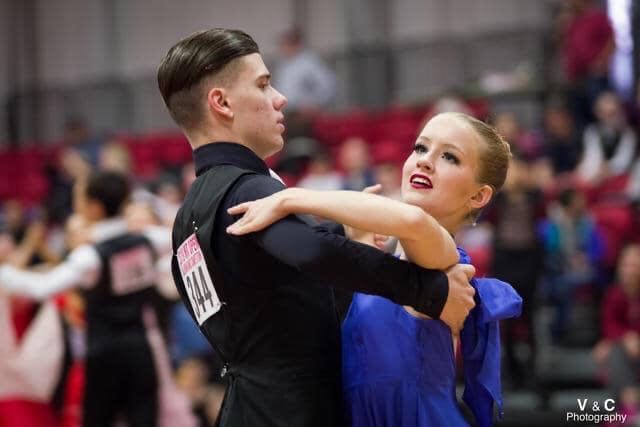
Gorgeous! We travel to other colleges in the state and across the country to compete in ballroom competitions. We even host our own competition each year, Austin Open.
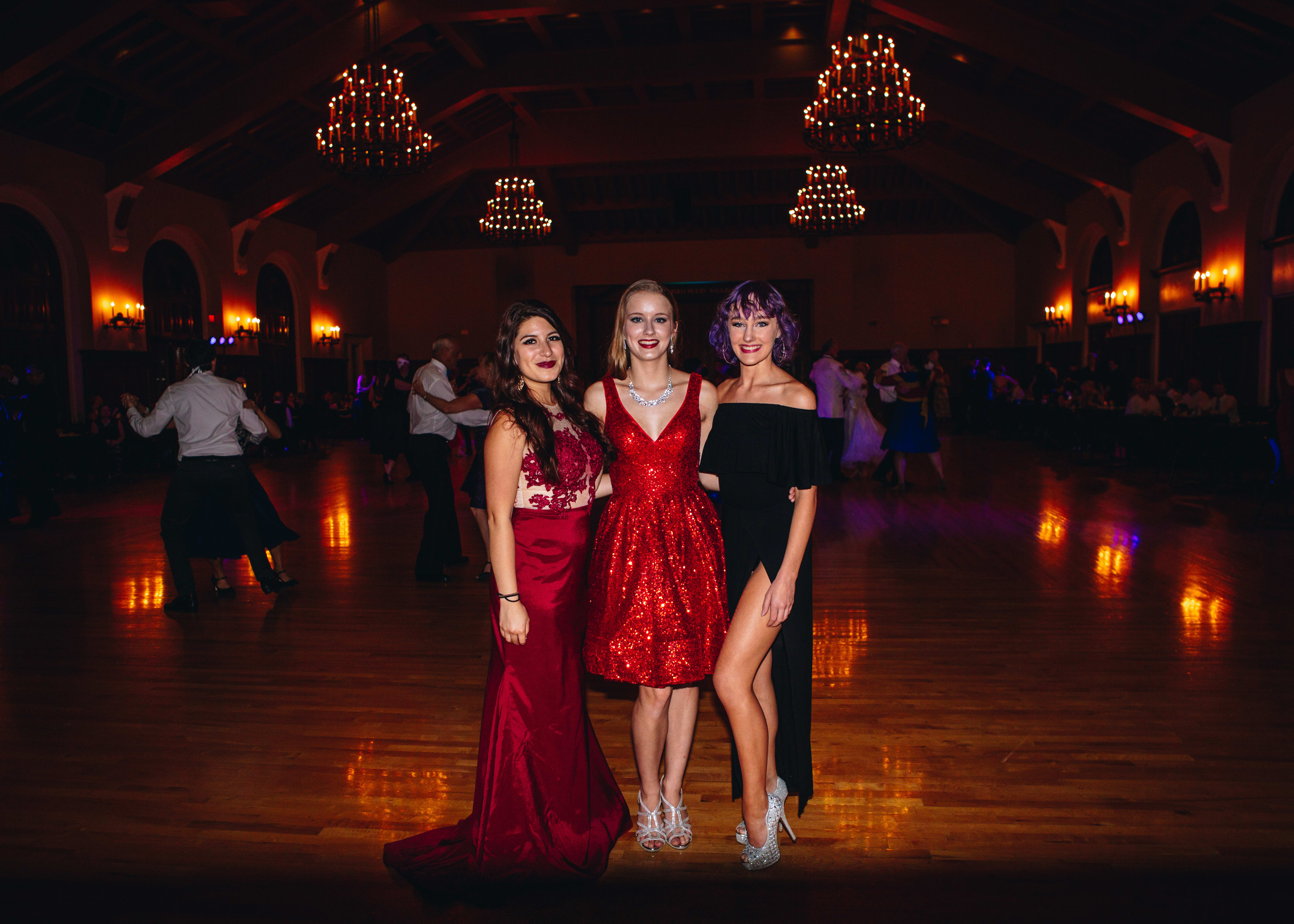
The competitors and officers of Texas Ballroom would like to thank you for all of the support. Without donors like you, many of us would not be able to compete. Thank you for helping us do what we love!
$27
Waltz
When people hear "ballroom dance", many are thinking of of the Waltz. It is classic and recognized by everyone. However, this is only the gateway to much more.There are 27 competitive dances: 10 International, 9 American, and 8 Country dances. Just like Waltz, this donation level is the "gateway" level contribution.
$88
Triple Two
Triple Two is performed in competitive country circuits. It glides around the floor, romantically swaying and turning. Triple two is commonly danced at 88 Beats per Minute.
$124
Paso Doble
Paso Doble is a dance modeled after Spanish Bull-fighting. It originated in- ironically- France. In this lively dance, the leader is depicted as being the Matador, while the follower represents the Matador's cape, or the bull! Paso Doble is competed at 124 Beats per Minute.
$208
Quickstep
Quickstep originated in 1920's New York as a fusion of the Foxtrot and the Charleston, the most popular dances at the time. Danced to upbeat music with a swung beat, this dance is characterized by fast feet, hops, and skips. Quickstep is danced at 208 Beats per Minute.
$423
Mambo
Mambo is one of the oldest of the Afro-Cuban Dances. It was named and developed from a new style of popular music in 1940's Cuba. Since its origin, it has been embraced for it's freedom of expression and lively foot work. Mambo is danced to the counts 4(hold 1)23. A donation at this level will receive a personal thank you on our social media.
$996
Polka
Polka is derived from German Folk dance. It became popular in America, particularly Texas, as German immigrants settled here in the 19th century. A German poem from 996 years ago describes partner dance as a man wooing a woman while she rejects his advances. Today the dance is fast and ferocious and is competed in country circuits. A donation at this level will receive a personal thank you on our social media, and a signed digital photo of our team.
$1,787
Viennese Waltz
Viennese Waltz is an incredibly technical, highly-involved style of ballroom dance competed worldwide. It originated as "German Waltz" or "Walzen", and began to spread throughout Europe during the early 1700's. But it was with this dance's appearance on the Viennese operatic stage in 1787 that this dance evolved into the form known today. Like Viennese Waltz, this level is for our highly involved donors. A donation at this level will receive reserved front row seats at our Spring competition, Austin Open, as well as a signed digital photo of our team and a personal thank you on our social media.



